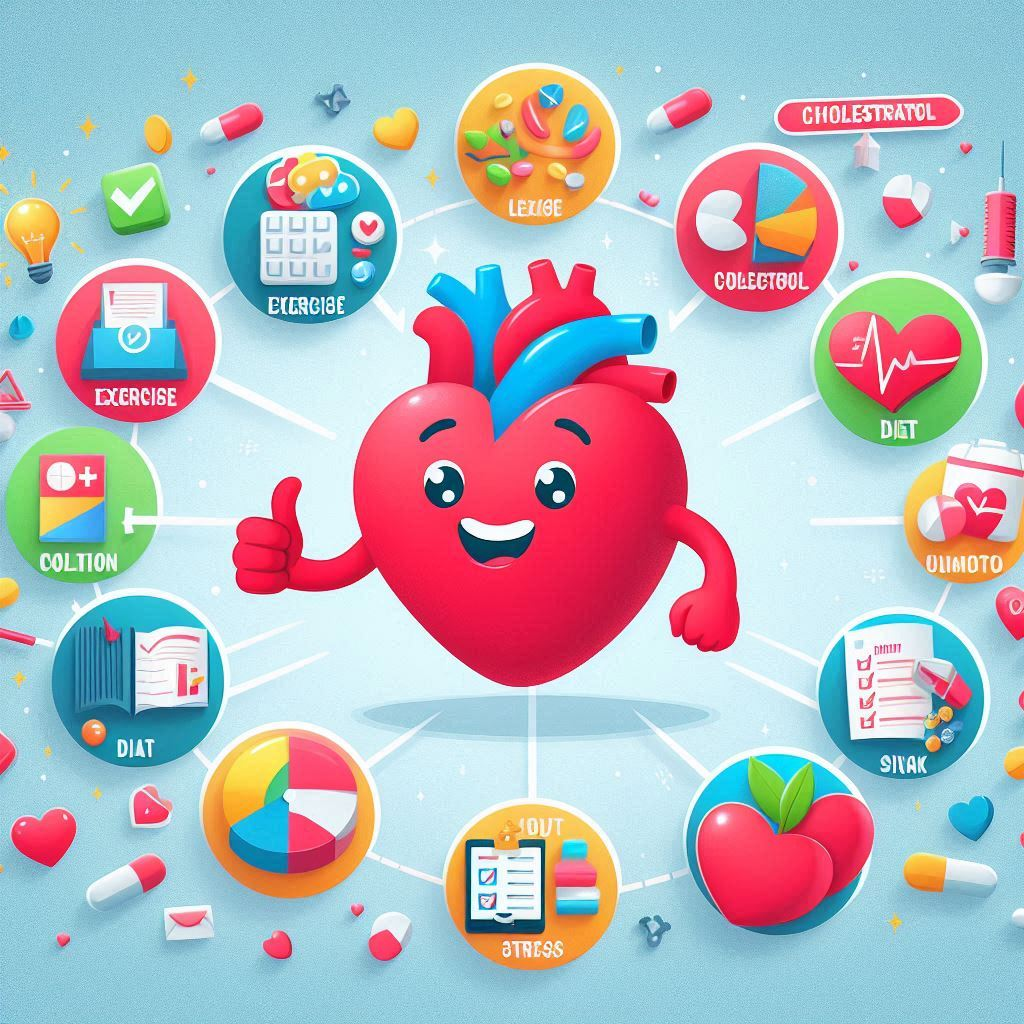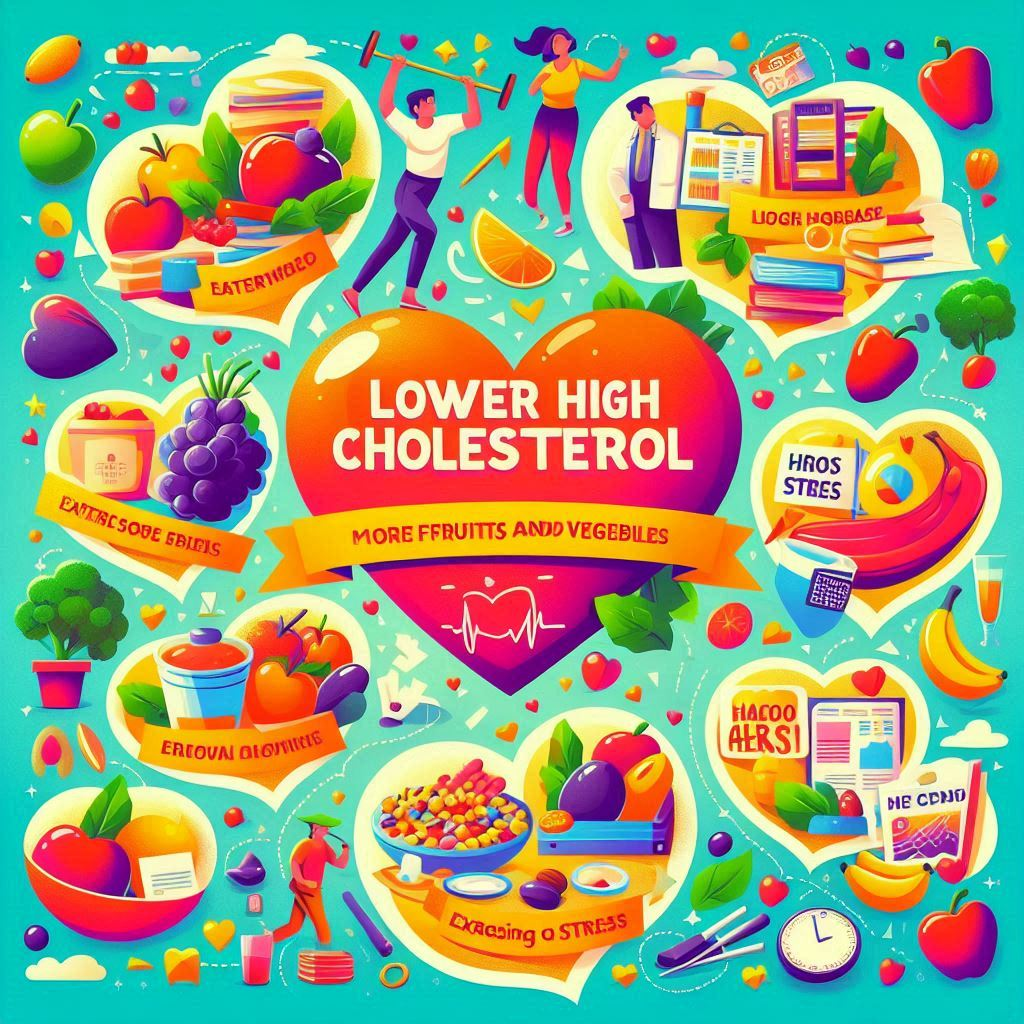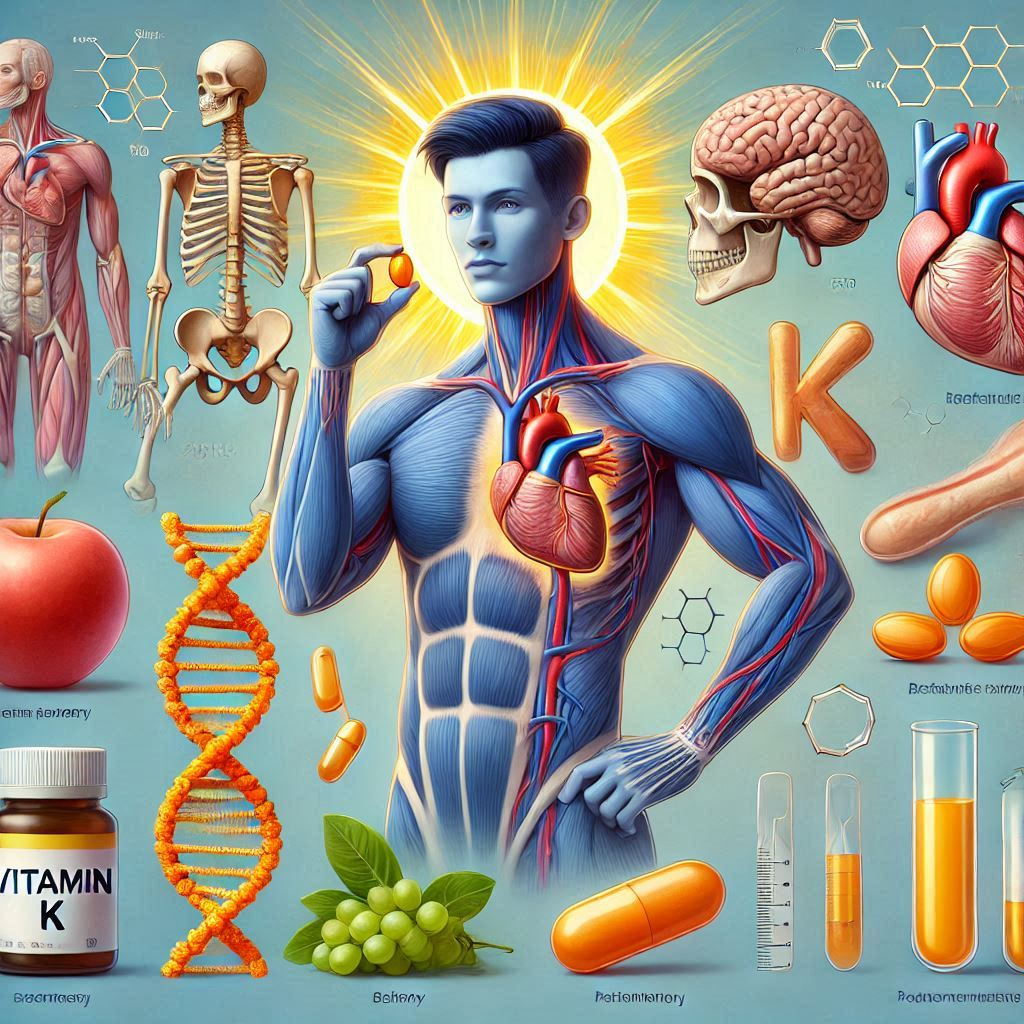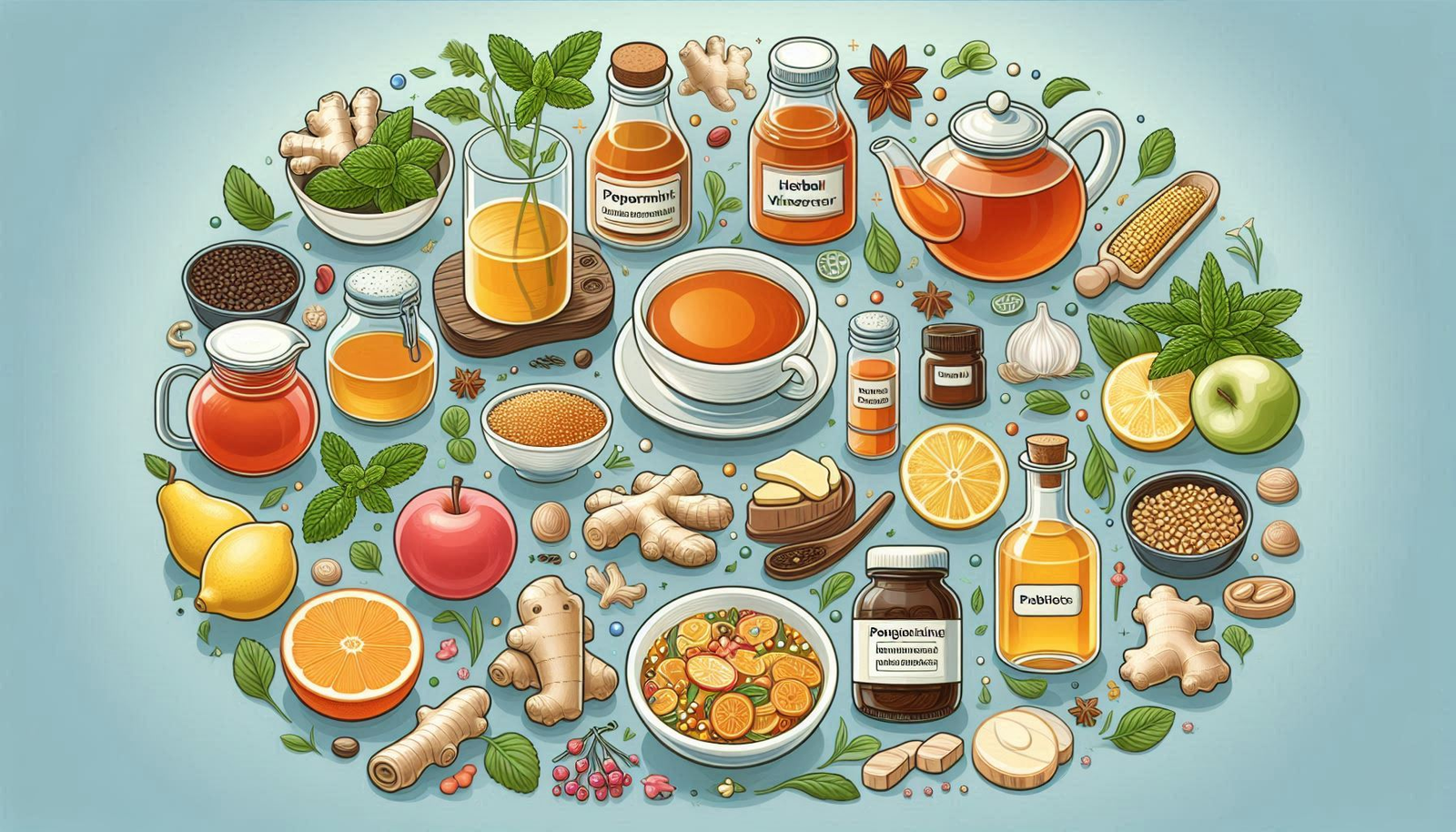
10 Proven Ways to Lower High Cholesterol Effectively
10 Proven Ways to Lower High Cholesterol Effectively
Discover 10 effective strategies to significantly reduce high cholesterol and improve your heart health.

Introduction
Overview of the Importance of Managing Cholesterol Levels
Managing cholesterol levels is crucial for maintaining heart health and preventing cardiovascular diseases. High cholesterol can lead to the buildup of plaque in the arteries, increasing the risk of heart attacks and strokes. Understanding how to manage cholesterol effectively can significantly improve your overall health and well-being.
Read also: “10 Life-Saving Tips for Heart Block Patients”
Brief Mention of the 10 Proven Ways to Lower High Cholesterol
In this article, we will explore 10 proven ways to dramatically lower high cholesterol, including adopting a heart-healthy diet, increasing physical activity, maintaining a healthy weight, quitting smoking, reducing alcohol intake, eating more soluble fiber, including healthy fats in your diet, limiting saturated and trans fats, taking cholesterol-lowering supplements, and managing stress.

Way 1: Adopt a Heart-Healthy Diet
Explanation of How Diet Impacts Cholesterol Levels
Diet plays a significant role in managing cholesterol levels. Consuming foods high in saturated and trans fats can raise cholesterol levels, while a diet rich in fruits, vegetables, whole grains, and healthy fats can help lower them.
Tips for Incorporating Cholesterol-Lowering Foods
- Oats: Start your day with a bowl of oatmeal to get a dose of soluble fiber.
- Nuts: Snack on a handful of almonds or walnuts for healthy fats and fiber.
- Fatty Fish: Include salmon, mackerel, or sardines in your meals for omega-3 fatty acids.

Way 2: Increase Physical Activity
Benefits of Regular Exercise for Cholesterol Management
Regular physical activity can help raise high-density lipoprotein (HDL) cholesterol, the “good” cholesterol, and lower low-density lipoprotein (LDL) cholesterol, the “bad” cholesterol. Exercise also helps maintain a healthy weight, which is important for cholesterol management.
Suggested Types of Physical Activities
- Walking: Aim for at least 30 minutes of brisk walking most days of the week.
- Swimming: Engage in swimming sessions to improve cardiovascular health.
- Cycling: Enjoy cycling as a fun way to stay active and manage cholesterol levels.

Way 3: Maintain a Healthy Weight
Importance of Weight Management for Cholesterol Levels
Maintaining a healthy weight is essential for managing cholesterol levels. Excess weight can increase LDL cholesterol and lower HDL cholesterol, leading to a higher risk of heart disease.
Tips for Achieving and Maintaining a Healthy Weight
- Balanced Diet: Focus on a balanced diet with appropriate portion sizes.
- Regular Exercise: Incorporate regular physical activity into your routine.
- Monitor Progress: Keep track of your weight and make adjustments as needed.
Way 4: Quit Smoking
Explanation of How Smoking Affects Cholesterol and Heart Health
Smoking damages blood vessels, lowers HDL cholesterol, and increases the risk of heart disease. Quitting smoking can improve cholesterol levels and overall heart health.
Tips for Quitting Smoking and Seeking Support
- Set a Quit Date: Choose a date to quit and stick to it.
- Seek Support: Join a support group or seek help from a healthcare professional.
- Use Nicotine Replacement: Consider using nicotine replacement therapy to ease withdrawal symptoms.
Way 5: Reduce Alcohol Intake
Impact of Alcohol on Cholesterol Levels
Excessive alcohol consumption can raise cholesterol levels and increase the risk of heart disease. Moderation is key to maintaining healthy cholesterol levels.
Guidelines for Moderate Alcohol Consumption
- Men: Limit to two drinks per day.
- Women: Limit to one drink per day.
- Choose Wisely: Opt for red wine, which may have heart health benefits in moderation.
Way 6: Eat More Soluble Fiber
Benefits of Soluble Fiber for Lowering Cholesterol
Soluble fiber helps reduce LDL cholesterol by binding to cholesterol in the digestive system and removing it from the body.
Foods Rich in Soluble Fiber
- Beans: Include beans and lentils in your meals for a fiber boost.
- Fruits: Enjoy fruits like apples, oranges, and berries for their soluble fiber content.
- Oats: Incorporate oats into your diet for a heart-healthy start to your day.
Way 7: Include Healthy Fats in Your Diet
Importance of Healthy Fats for Cholesterol Management
Healthy fats, such as monounsaturated and polyunsaturated fats, can help lower LDL cholesterol and raise HDL cholesterol.
Sources of Healthy Fats
- Olive Oil: Use olive oil for cooking and dressings.
- Avocados: Add avocados to salads, sandwiches, and smoothies.
- Nuts: Snack on nuts like almonds, walnuts, and pistachios.
Way 8: Limit Saturated and Trans Fats
Explanation of How Saturated and Trans Fats Raise Cholesterol Levels
Saturated and trans fats can raise low-density lipoprotein (LDL) cholesterol, the “bad” cholesterol, which can lead to plaque buildup in the arteries and increase the risk of heart disease.
Tips for Reducing Intake of These Unhealthy Fats
- Read Labels: Check food labels for saturated and trans fats and choose products with lower amounts.
- Cook at Home: Prepare meals at home using healthy oils like olive oil instead of butter or margarine.
- Avoid Processed Foods: Limit consumption of processed and fried foods, which are often high in unhealthy fats.
Way 9: Take Cholesterol-Lowering Supplements
Overview of Supplements That Can Help Lower Cholesterol
Certain supplements can help lower cholesterol levels, including:
- Plant Sterols: These compounds can help block the absorption of cholesterol in the intestines.
- Omega-3 Fatty Acids: Found in fish oil, these can help lower triglycerides and improve heart health.
Tips for Choosing and Using Supplements Safely
- Consult a Doctor: Always talk to your healthcare provider before starting any new supplement.
- Follow Dosage Instructions: Use supplements as directed to avoid potential side effects.
- Choose Quality Products: Look for reputable brands that provide high-quality supplements.
Way 10: Manage Stress
Impact of Stress on Cholesterol and Heart Health
Chronic stress can negatively impact cholesterol levels and heart health by increasing the production of stress hormones, which can raise blood pressure and cholesterol levels.
Techniques for Stress Management
- Meditation: Practice mindfulness meditation to reduce stress and promote relaxation.
- Yoga: Engage in yoga to improve flexibility, reduce stress, and enhance overall well-being.
- Deep Breathing: Use deep breathing exercises to calm the mind and reduce stress levels.
Conclusion
Recap of the 10 Proven Ways to Lower High Cholesterol
- Adopt a Heart-Healthy Diet
- Increase Physical Activity
- Maintain a Healthy Weight
- Quit Smoking
- Reduce Alcohol Intake
- Eat More Soluble Fiber
- Include Healthy Fats in Your Diet
- Limit Saturated and Trans Fats
- Take Cholesterol-Lowering Supplements
- Manage Stress
Encouragement to Implement These Strategies for Better Heart Health
Implementing these strategies can help you lower high cholesterol and improve your heart health. Small changes in your lifestyle can make a significant difference in your overall well-being.
Final Thoughts on the Importance of a Healthy Lifestyle for Cholesterol Management
A healthy lifestyle is essential for managing cholesterol levels and preventing heart disease. By adopting these proven methods, you can take control of your health and enjoy a longer, healthier life.





2 Comments
Pingback:
Pingback: